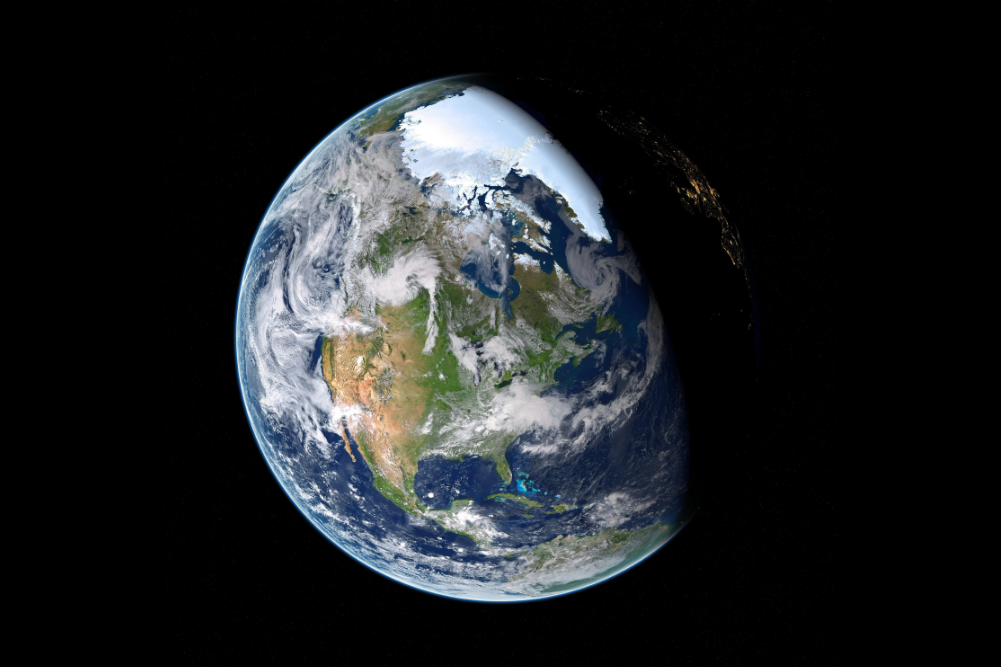Speed climating
In recent days leaks of a UN report on climate change have been surfacing. The report comes from the Intergovernmental Panel on Climate Change, a large international group of scientists appointed by the United Nations. In 2007 the report from this group was criticised in certain sectors for some errors and this new report is more cautious and steps have been taken to address mistakes in procedure. Nevertheless, the report has come out with some strong findings according to the leaks. It says that it is extremely likely that human influence on climate caused more than half of the observed increase in global average surface temperature from 1951 to 2010. That “extremely likely†phrase is code for 95 per cent certainty which is a step up from the 90 per cent certainty of the 2007 report. The new report also projects that if emissions increase at their current rate that sea levels will rise by a metre or more by 2100. The full report will be released soon and will inspire more debate but for now another analysis has been published in the journal Science which puts climate change in an interesting historical context.
This study is a review of climate research conducted by researchers at the Stanford Woods Institute for the Environment. They looked at all available literature on aspects of climate change that can affect ecosystems and investigated how those observations and projections for the next century compared to climate events in Earth’s history.
For instance 20,000 years ago there was a 5 degree Celsius increase in temperature as the Earth emerged from its last ice age. At the time the temperature changes led to the ice sheet that was covering most of North America retreating northward and plants and animals colonising areas previously under ice. That dimension of temperature change is at the high end of predictions for what may happen by the end of the 21st century.
In another “eventâ€, 55 million years ago carbon dioxide levels in the atmosphere were at the same levels that they are now. At that time the Arctic Ocean did not have ice in summer and the land around the area was warm enough to accommodate alligators and palm trees.
So elements of the current climate scenario have certainly been present before. What these researchers emphasise though is that the rate of change that is occurring now is unprecedented. Based on their analysis the researchers say that the current rate of climate change is ten times more rapid than any change that has occurred in the last 65 million years. Change that took thousands of years to occur in the past is happening in a century now. This is putting immense pressure on the adaptability of species if they are to survive. The current velocity of climate change means that for species to live in the same temperature conditions they need to migrate one kilometre closer to the poles or higher in the mountains each year.
The increased rate of change is almost certainly due to the influence of humanity and things may get worse. If the 2.5 billion people who lack access to modern energy resources gain that access and the improved quality of life that goes with it then the rate of climate change will increase. Of course all people deserve access to the same quality of life so we need as a global society to be asking deep questions about our energy sources and way of living. Spending time arguing over human involvement in climate change is not just wasteful it is actually kind of insane.







